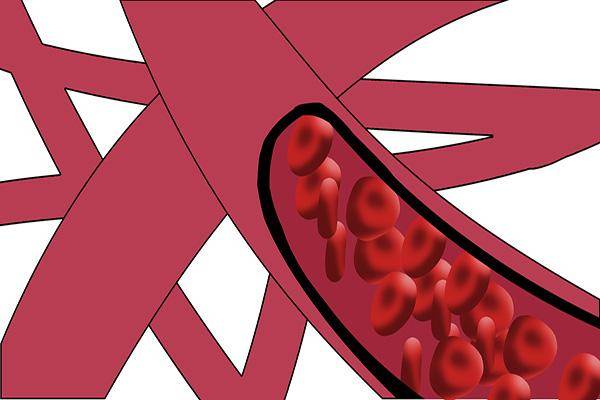When it comes to blood clots, I believe everyone is familiar with them. Blood clots are a common health issue nowadays, especially for middle-aged and elderly people. Our bodies have blood flowing and circulating all over, but as we age or due to unhealthy diet and lifestyle habits, the blood can accumulate a lot of waste, causing it to become thick and more prone to clotting and blockages in the blood vessels, leading to various vascular and blood-related issues.
Therefore, it is essential to regulate your health in a timely manner. In daily life, consuming certain foods regularly may help prevent blood clots and keep your blood vessels cleaner! After reading this, make sure to inform the elderly in your family.
Common Foods Available for Preventing Blood Clots
Kelp. Many recognize kelp for its abundant iodine content, but it also contains gelatin and dietary fiber, which can combine with harmful substances in the blood such as heavy metals. Regular consumption of kelp can aid in detoxifying the body, purifying the blood, effectively removing waste from the blood vessels, and significantly reducing the risk of blood clots.
Walnuts. Walnuts are nutritionally rich, containing proteins, various vitamins, dietary fiber, copper, iron, phosphorus, and other trace elements. Known as the “longevity fruit,” these substances are vital for brain tissue metabolism. Eating walnuts can nourish brain cells and purify the blood by reducing cholesterol absorption in the intestines, eliminating waste from the blood vessels, and providing fresh blood to the body.
Bitter Buckwheat. Bitter buckwheat, recognized for its health benefits compared to regular buckwheat, contains substances that can improve blood circulation. It is advisable to soak bitter buckwheat in water and drink it regularly to purify the blood, clean the blood vessels, prevent blood clots, and avoid overconsumption to prevent stomach upset.
Signs of Blood Thickening Warning of Blood Clots
Feeling dizzy in the morning. Normally, mornings are energetic and clear-headed moments. If you often wake up feeling disoriented, be cautious as your blood may be overly thick.
Difficulty breathing when squatting. People with thick blood find it challenging to squat or may feel chest tightness and shortness of breath while squatting due to insufficient blood flow to the heart, leading to inadequate circulation and oxygen supply.
Episodic blurred vision. Commonly observed in middle-aged and elderly individuals with slightly thicker blood, blurry vision occurs when nerves lack adequate nutrient and oxygen supply due to increased blood viscosity, indicating a potential blood clot risk.
In addition to consuming the aforementioned foods to prevent blood clots, it is important to ensure sufficient sleep and engage in moderate exercise to reduce blood viscosity, ultimately protecting the blood vessels.
Conclusion: Self-evaluate using the above signs. If you experience any of the mentioned symptoms, your blood may be thickening. Pay attention early on, rotate consumption of the recommended foods regularly, as they can help purify the blood and prevent blood clots.


